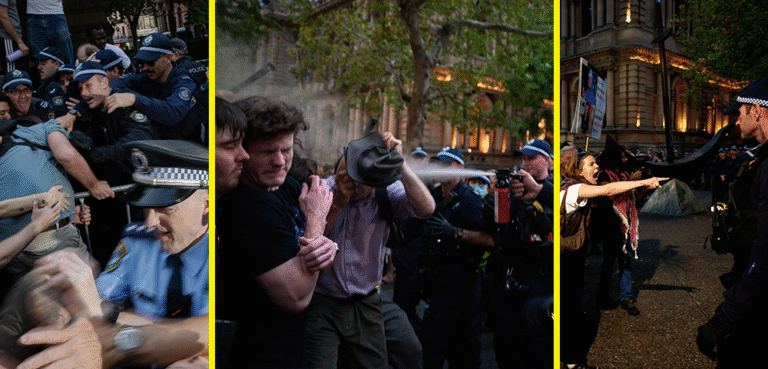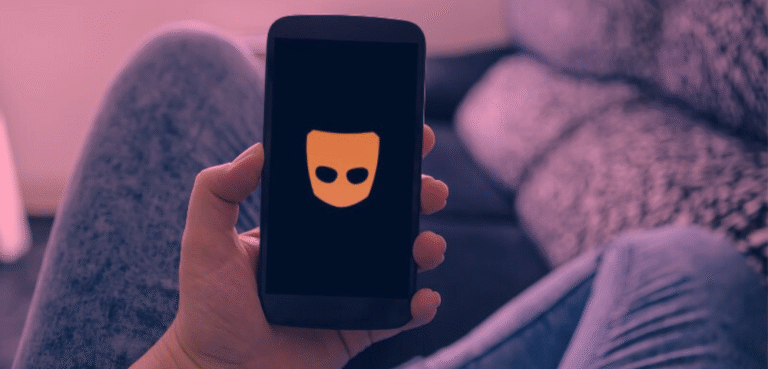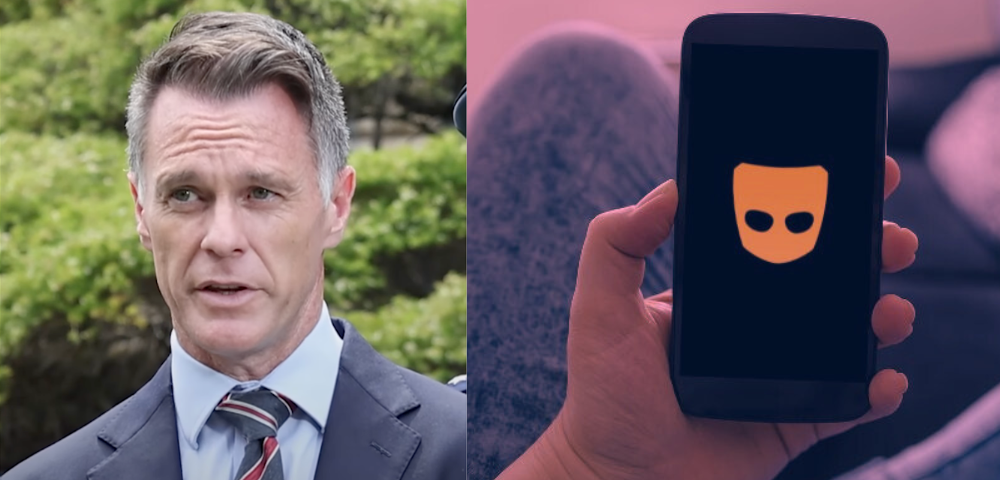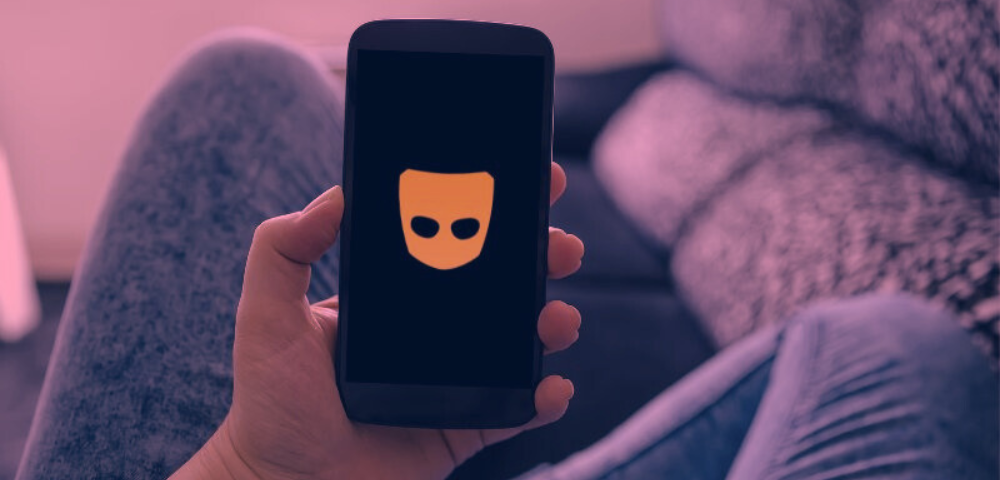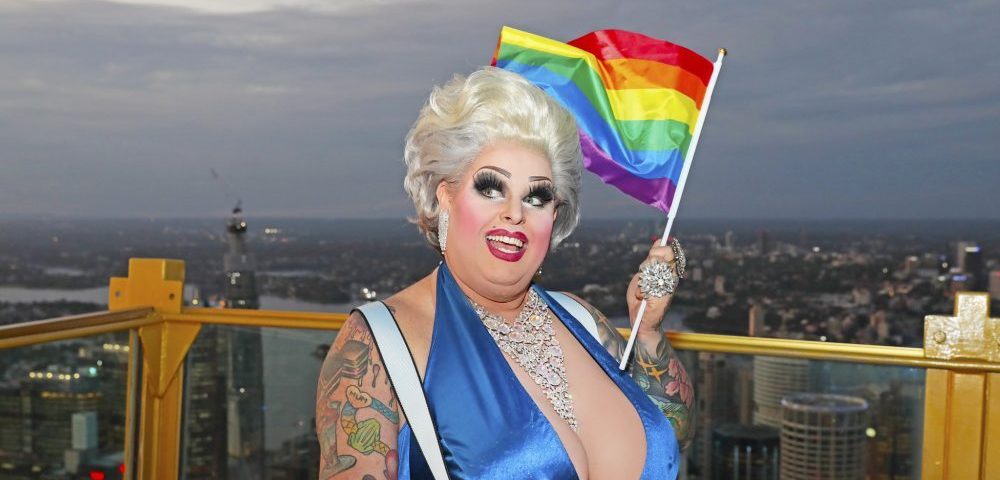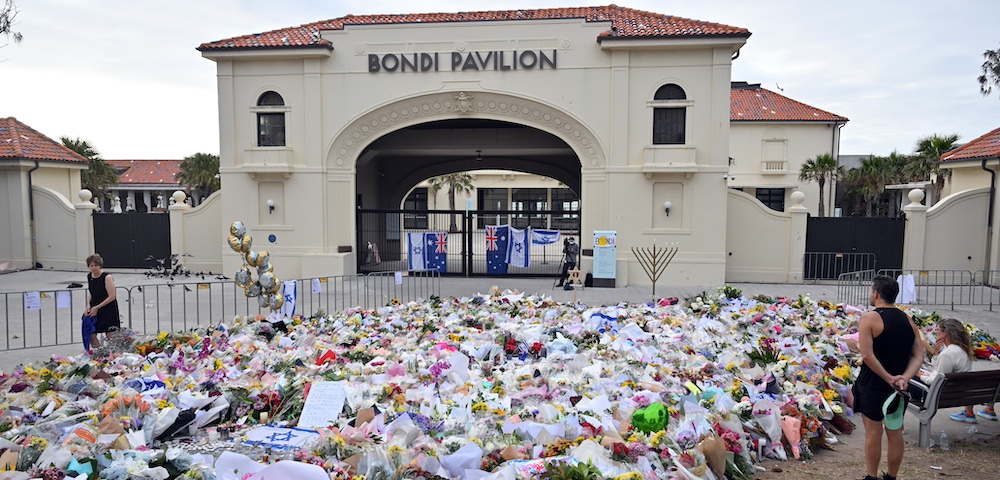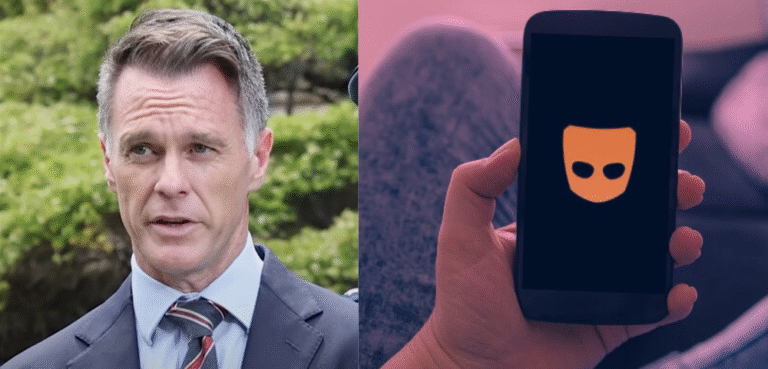
New Rental Protections Hope To Empower Victim-Survivors Of Domestic Violence

New reforms passed by the NSW government will empower victim-survivors of domestic violence when it comes to rental protections, but advocates on the front line say more housing accessibility is still needed.
Passed last night, the new laws will no longer need victim-survivors to notify people they share a lease with that they are leaving, with a landlord or agent instead holding responsibility for notifying other co-tenants that a victim-survivor is ending their lease after they have safely left the property.
They will also have expanded rights to change locks without landlord consent, and landlords and agents will also need to meet new requirements when publishing photos or videos which reveal personal belongings to reduce the risk of further harm to victim-survivors
“Often victim-survivors have to make the impossible choice between safety and a home.,” said Minister for the Prevention of Domestic Violence and Sexual Assault, Jodie Harrison.
“These reforms make sure they won’t have to anymore. They prioritise the safety of women and children escaping abuse, making sure they can remain in their rentals if they want to, or leave without their safety being compromised and facing a financial penalty.”
The government hopes that the new laws will provide an easier pathway for vicim-survivors to recover their share of the rental bond from any co-tenants, and improved protections against being held liable for property damage caused by domestic violence which can keep people in danger.
NSW Fair Trading consulted with more than 400 individuals and 40 organisations as part of a review considering how domestic violence provisions for renters are used, and if improvements were needed.
Minister for Better Regulation and Fair Trading Anoulack Chanthivong said the Minns government was sending a “clear” message to victim-survivors that they were being heard.
“For too long, rental laws didn’t reflect the realities facing domestic violence victim-survivors across New South Wales,” he said. “Today, that changes.
“This is about removing barriers that have kept people trapped in unsafe living situations and replacing them with practical, compassionate protections which put safety first.”
Advocates continue to call for more funding for essential domestic violence services
Domestic and family violence is the leading cause of homelessness throughout the state, with people experiencing domestic and family violence left 20 times more likely to seek help from homelessness services than others in the community
Kira Levin, Principal Solicitor of the Homeless Persons’ Legal Service at the Justice and Equity Centre, says the specialist community legal service had helped hundreds of women who have been made homeless or put at risk of becoming homeless because of domestic violence.
“Many women have only been able to escape a violent partner by giving up their home, which often means losing their bond, being saddled with crushing debts and being blacklisted as a bad tenant,” she said. “These changes will go some way to helping women in those situations.
Levin said that although passing these laws was an important step, the government needs to fund essential domestic violence support services including emergency accommodation, caseworkers and legal services.
“People in crisis because of domestic and family violence will need support to use these new protections, to keep themselves and their families safe,” she said.
“Many victim-survivors are forced to stay in unsafe situations because they literally have nowhere else to go. For these protections to be effective, the NSW Government must increase the availability of social and affordable housing for people in need of a safe home.”
You are not alone. If you or someone you know has experienced sexual or family violence and needs support, you can contact:
- 1800RESPECT: 1800 737 732
- Lifeline: 13 11 14
- LGBTQ+ Rainbow Sexual, Domestic & Family Violence Service Help Line: 1800 385 578
- NSW Mental Health Access Line: 1800 011 511
- Alan Beyond Blue: 1300 224 636
- Suicide Call Back Service: 1300 659 467
- Mensline 1300789978
- Alcohol and Drug Information Service: 1800 250 015
- QLife (3pm to midnight): 1800 184 527
- 13YARN (Aboriginal and Torres Strait Islander line) – 13 92 76

